Audio Answers:
Do You Need a Compressor for Your Home Studio?
Question: “I’m building up my home studio and am wondering if I should buy an outboard compressor to record with and use in mixes. They can be pretty expensive, but I do see there are some cheaper options, is it worth it? Do you need a compressor for your home studio?”
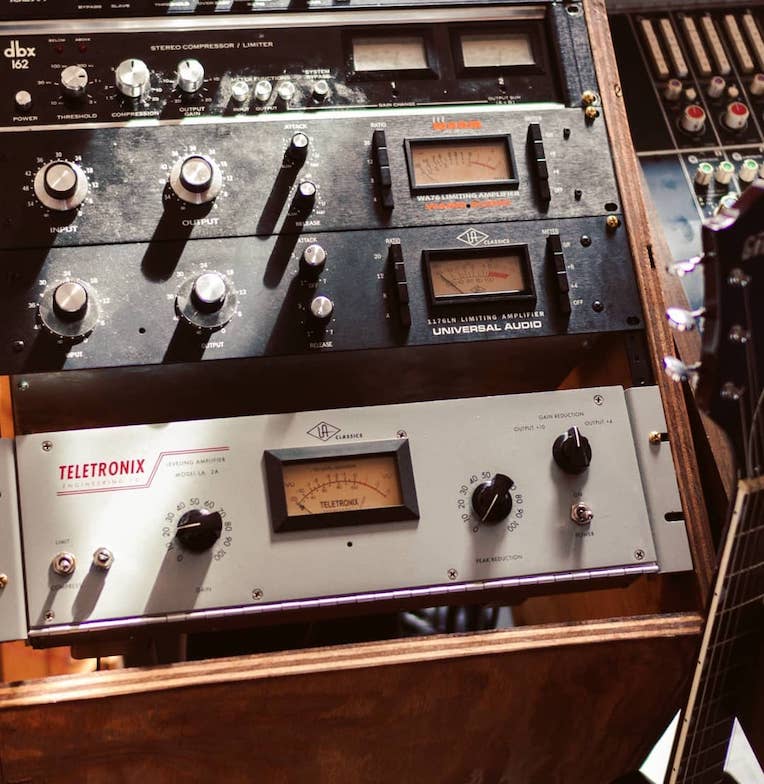
What are compressors used for?
The first thing you need is a proper understanding of compression before you go out and buy one. When you first start buying gear and building up your studio, buying your first outboard compressor can be really enticing. We see famous music studios with vast collections of outboard compressors, whether it be the legendary LA-2A, 1176, or a Fairchild 670 (which can fetch upwards of $30,000). This makes us think that it’s important for our studio to have at least some outboard compressors. And it’s true, compressors serve a very valuable purpose in recording and mixing.
What are compressors used for? Compression allows you to reduce the dynamic range of your audio. Dynamic range is the range of volume in your audio, the difference between the loudest and quietest parts of your audio. A vocal recording with a large dynamic range will have very quiet moments and very loud moments, whereas a recording with a smaller dynamic range will be more consistent, with a smaller spread from its loudest and quietest parts – everything will sound more even.
Too much dynamic range (no compression):
- Vocals will sound very thin.
- They will get buried in the mix by louder instrumentation, and obnoxiously stick out during quieter instrumentation.
- Vocals won’t sit well in the mix. They will sound amateurish and your mix will have poor balance.
- Lack of compression will also result in a quieter overall sound, as an uncompressed signal will clip a lot sooner when being boosted than a compressed one due to the high dynamic range.
Not enough dynamic range (too much compression):
- Vocals will sound very thick.
- They will sound unnatural, remain at a monotonous level.
- Quieter, undesirable sounds will be brought out into the mix, revealing ugly nuances of sound during the recording, including background noise and poor room sound.
- The vocals will also lack emotion and depth, sound unnaturally thick and dull. Again, it will sound amateurish.
- Great amounts of compression will allow you to boost the overall volume of your mix, but too much will result in an undesirable smashed sound which quickly becomes tiresome.
The sweet spot (the right amount of compression):
- Vocals will stand out and sit in the mix very nicely.
- They will not be buried by or obnoxiously soar over other sounds.
- You will hear the emotion in the performance and the vocals will sound very natural.
- By properly compressing your vocals and other instruments as needed, your mix will sound far more balanced and professional.
- Your mix will achieve commercial loudness while holding onto the dynamic depth that gives life to your sound.
The compressor enables you to not only reduce the dynamic range of your audio, but to dial in the precise levels that you want your sound compressed at. A typical compressor has threshold, ratio and gain controls to compress your sound as desired. This is not an easy task for beginners. Learning how to properly use compression is one of the most difficult tasks for amateur producers. It not only requires an understanding of how to use compression, but a well-trained ear that can take sometimes take years to develop.
Do you need to use compression? Yes, absolutely. It’s critical to mixes and if you do not know how to properly use compression you will never mix quality tracks. Compression provides consistency in levels and will help you obtain a balanced and full sounding mix.
Do you need an outboard compressor for your home studio?
NO. You do not. The exception is if you’re recording in analog, but the vast majority of us are starting off in the digital realm, with our DAW. Let me explain why you don’t need to buy a compressor.
Every DAW, whether it be Ableton, FL Studio, Pro Tools – you name it, is equipped with a software compressor. You do not need a hardware compressor to achieve quality compression. The compression plugins included in your DAW provide all the compression you’ll ever need. So, why are there so many different compressors, both in hardware and software?
It’s because not all compressors are created equally. This may be what you’re thinking if you already use compressor plugins and are looking to buy an outboard compressor. However, hardware compression does not equal higher-quality compression.
Compressors, Compressors, Compressors
One of the biggest reasons you see legendary outboard compressors like the LA2A or 1176 in professional studios, is not only because of the basic task of compression they do, but because different compressors also have their own signature sound character. This is due to differences in their hardware, that provide compression in varying ways. This LA2A is known for its smooth sound, while the 1176 is known to have a little more aggressive sound character. It’s not uncommon to see stacks of 6 or 8 of the same compressor in an elite studio. The nuance of their design can result in a beautiful warm sound by merely running your signal through them with little to no compression.
However, when it comes to cheaper hardware compressors, the cons outweigh the benefits. We’ll have more on this in a minute.
The difference between compressors also applies to software compression, even if not as obvious. Software compressors are often modeled after real hardware, which results in varying controls, sound character, and graphical interfaces. This also provides you with plenty of options, negating the need for a hardware compressor.
This is where we reach a very important point in the question – Should I buy an outboard compressor?
If you’re like most people you don’t have thousands of dollars to spend on high-quality outboard compressors like the ones you see in professional studios. Trust me when I say if you’re tight on money, avoid buying an outboard compressor. Yes, there are cheaper options. You can buy the popular ART Pro-VLA II 2-channel compressor for pretty cheap (see current price). But, let me tell you why you’re better off not spending your money on an outboard compressor.
Why You Shouldn’t Buy an Outboard Compressor:
- They dirty up the signal chain. This is especially true with cheaper compressors that don’t pass the cleanest signals. The more hardware you introduce into your recording chain the more likely you’re to experience increased hiss, noise and a degradation of quality in your signal. With software compressor plugins, you’re compressing with no added hiss or noise.
- Gain staging becomes crucial. As you introduce more hardware into your recording chain, it also becomes incredibly important to know proper gain staging. Gain staging is managing volume levels within your chain in order to achieve the cleanest sound. This becomes more complicated with each addition of hardware and not knowing how to properly set the gain levels of your hardware will also result in increased hiss and noise.
- Compression during recording cannot be later adjusted. If you record with outboard compression you’re setting your compression in stone. If you later realize that you recorded with too much compression, it cannot be undone.
- Compression during mixing will suffer as well. Even if you’re choosing not to record with compression, but instead opting to use hardware compression with your already recorded signal, you’re going to experience a loss in quality. This is especially true if you do not have the best audio interface, having poor analog-to-digital conversion. If you record audio from your microphone into your DAW, and then run it back out of your audio interface, into your compressor for compression, then back into your interface and into your DAW, you’re degrading your signal. With each conversion from analog to digital, your audio suffers. In this scenario, you’re going from analog to digital, back to analog, then back to digital. You’ll want a high quality audio interface to maintain quality.
- Your money can be better used. Compressors are pricey. Too often, beginners will pour their money into a compressor before even having an adequate audio interface, microphone or even basic room treatment. You’ll get a lot further with a high-quality interface and no compressor, than a decent compressor with a low-quality interface. The same thing applies to a microphone. Opt to improve your audio interface, microphones and room before seeking to buy a compressor.
The Rabbit Hole of Compressors
One of the biggest mistakes I made when beginning my studio on a budget was buying outboard compressors. You get so excited about new gear early on. You want to reach for the hardware. It’s important to know that you can get so much more value from software when on a budget. As an amateur, the first (cheap) compressor I purchased sounded good to me. You quickly grow out of it. You gain more experience and realize that your cheap compressor isn’t doing you any favors sound-wise. Instead of sticking to software, you think you just need a better hardware compressor.
So, you upgrade and purchase a more expensive compressor. It’s still no LA2A or Fairchild. Once again, you think it sounds great. You’re happy with your purchase. Then you gain even more experience and realize that the software you have is still yielding better results. The fact of the matter is that outboard compressors especially cheaper clones and etc. are generally a poor investment early on.
Prioritize Your Gear Correctly
Do you self a favor and invest as much money in your budget towards room treatment, your audio interface (particularly quality analog to digital conversion), your microphone and your studio monitors. Don’t buy an outboard compressor. Save the outboard compressors for some time in the future after you have already taken care of these much better investments for your studio.
We hope this article has answered the question “Do you need a compressor for your home studio?” and helped you understand why you shouldn’t buy an outboard compressor for your beginner studio.
Have a question you want answered? Ask us! Or join the Live Music Producer’s chat!
Have your own recommendations? Feel free to let us know in a comment below or reach us on our Twitter or our Instagram.

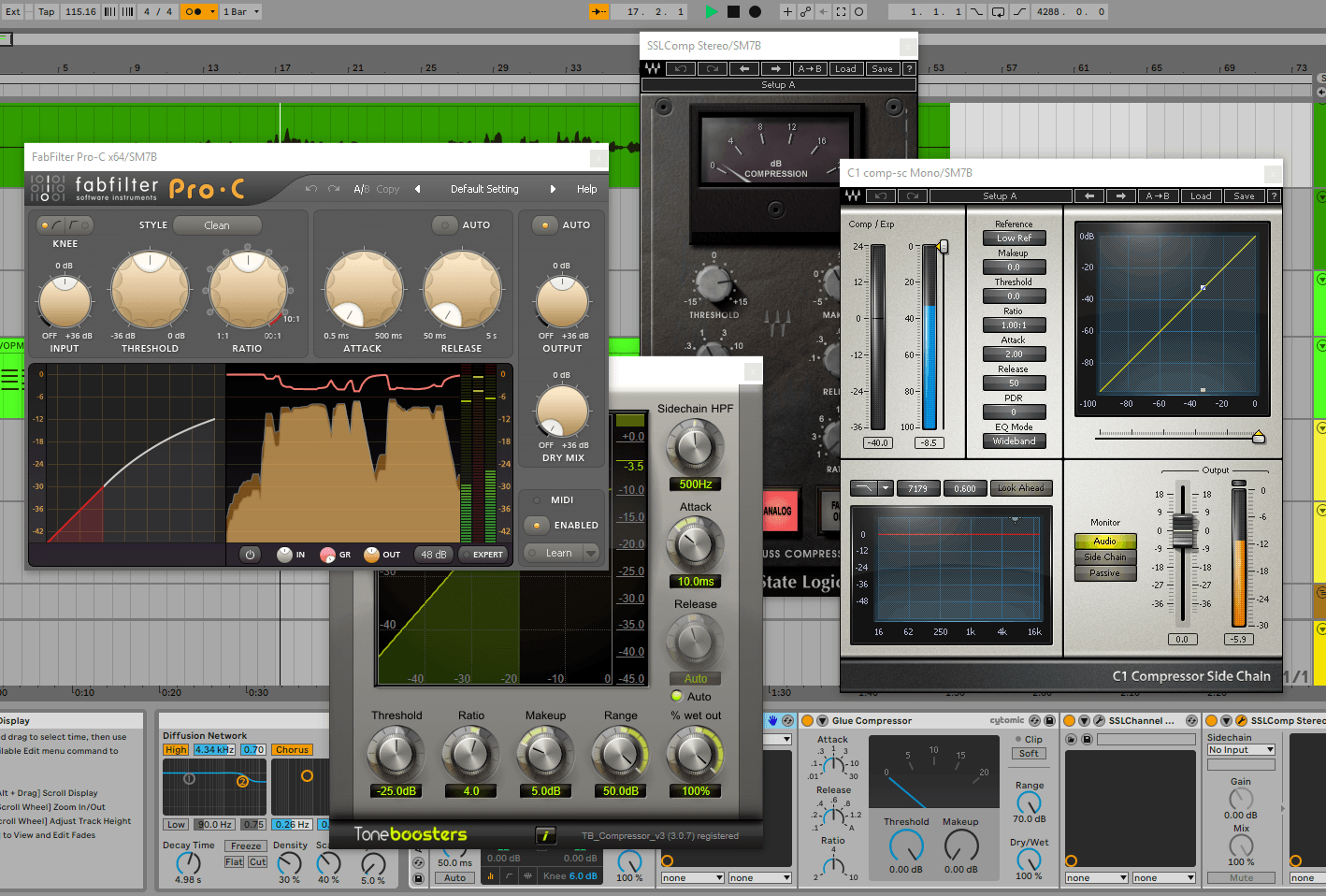
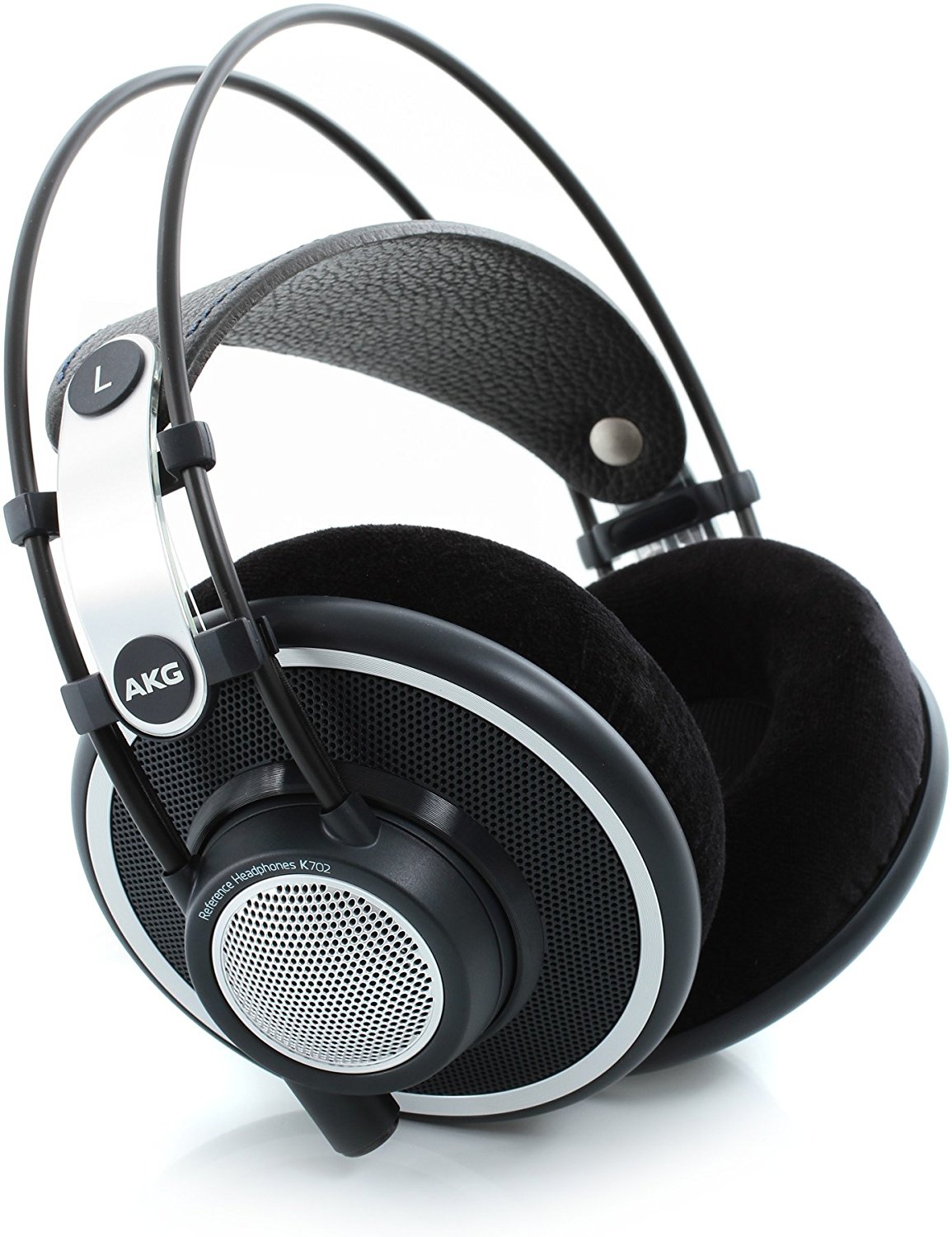
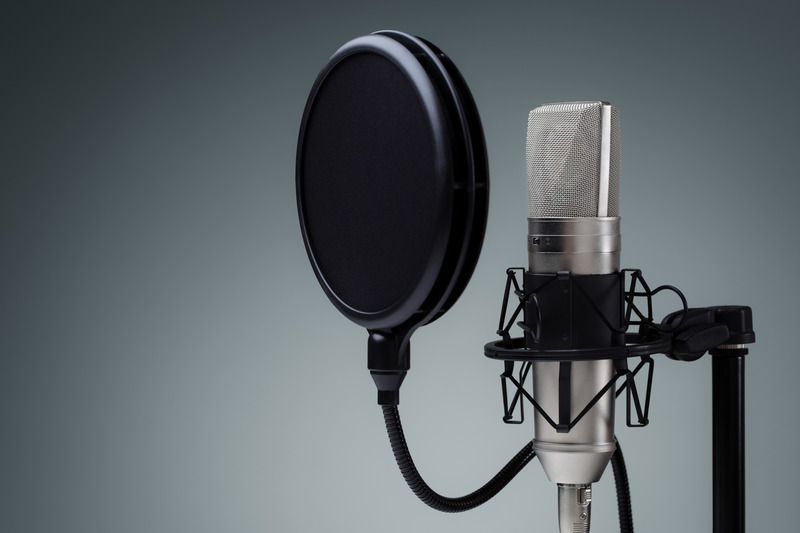
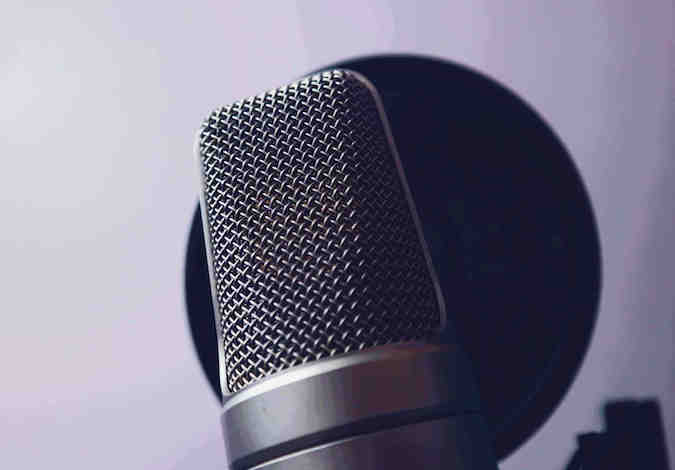
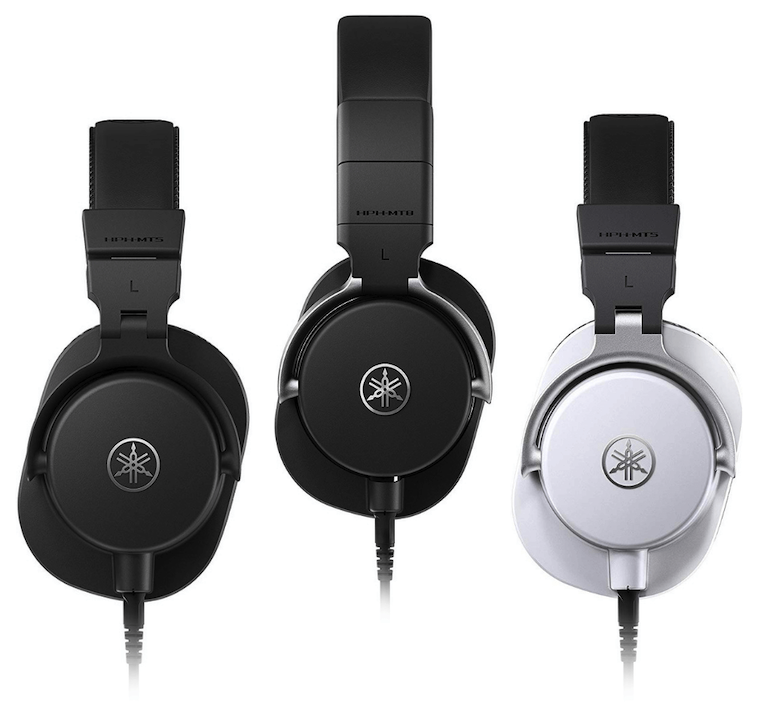
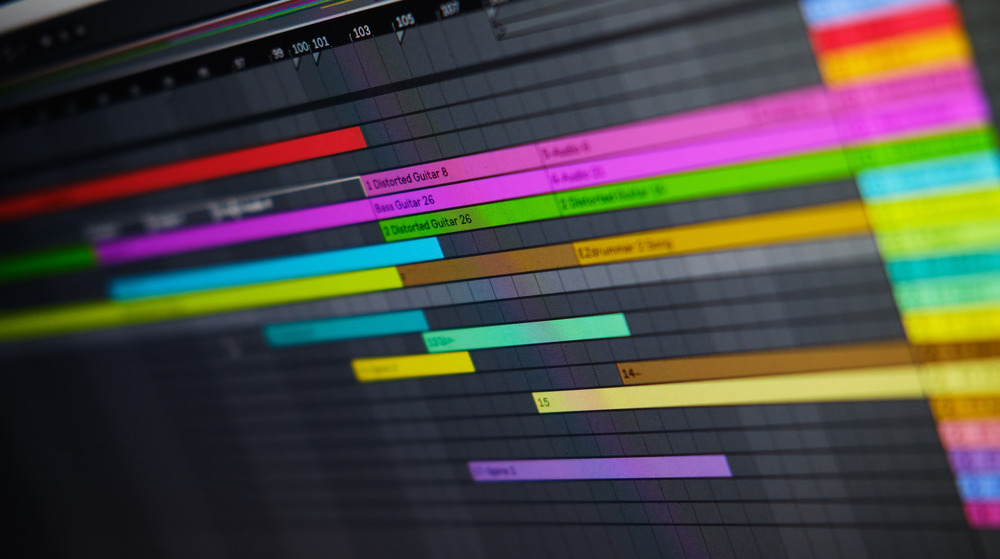
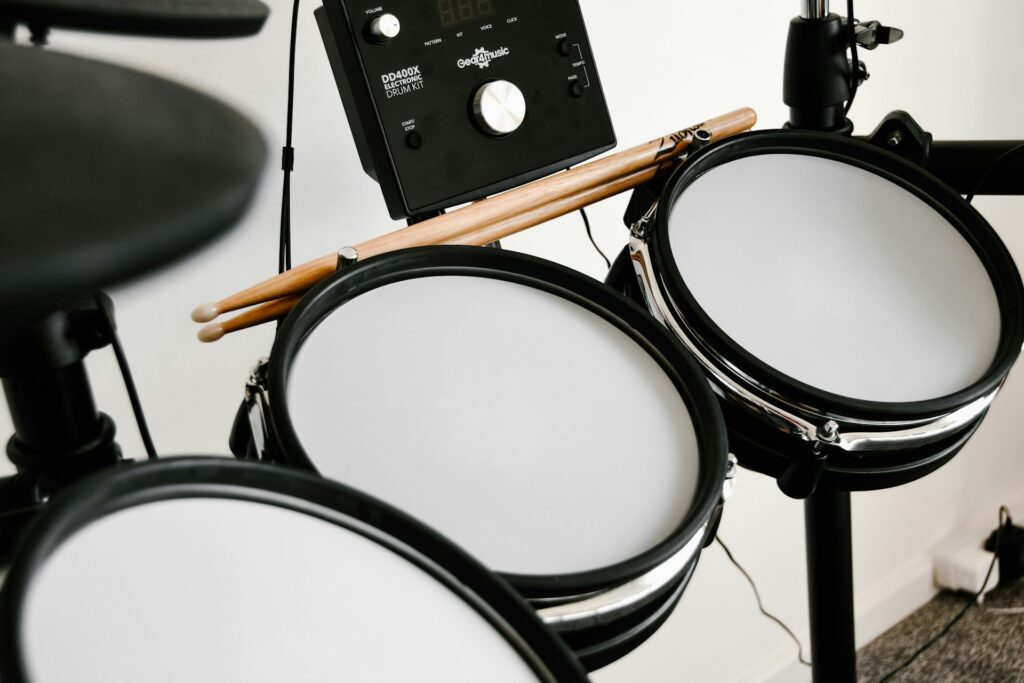
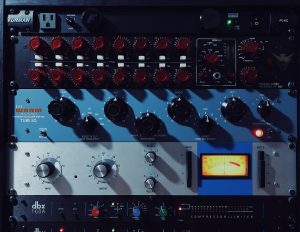
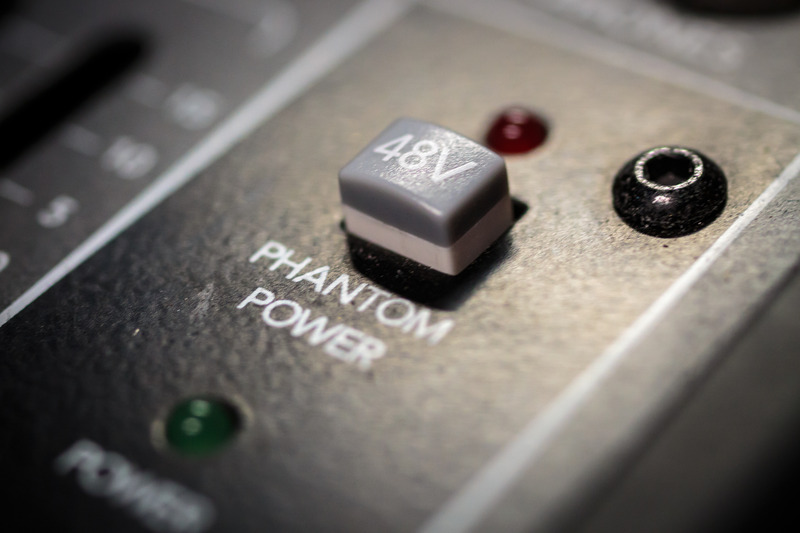












Home recording Feng Shui dictates that you need to place your reference monitor in an equilateral triangle with yourself acting as the third point. By placing your monitors the same distance from each other as yourself, you can more accurately monitor your mixes without compromising the stereo spectrum.
I mix on a shitty mono almost 8 bit speaker til it sounds good, then tweak it on monitors or headphones. The best results you can get.
Great article, detailed explanations, very useful.
Although this article has some good points I would argue that outboard compression is useful for recording vocals. Even if there is some loss in signal quality this is offset by the distinct increase in performance quality you get from a vocalist who is listening to a slightly compressed signal. They’re not trying to, consciously or not, sing the quiet bits louder or rein it in on the loud parts. It’s definitely worth doing although I do agree it needs careful application.